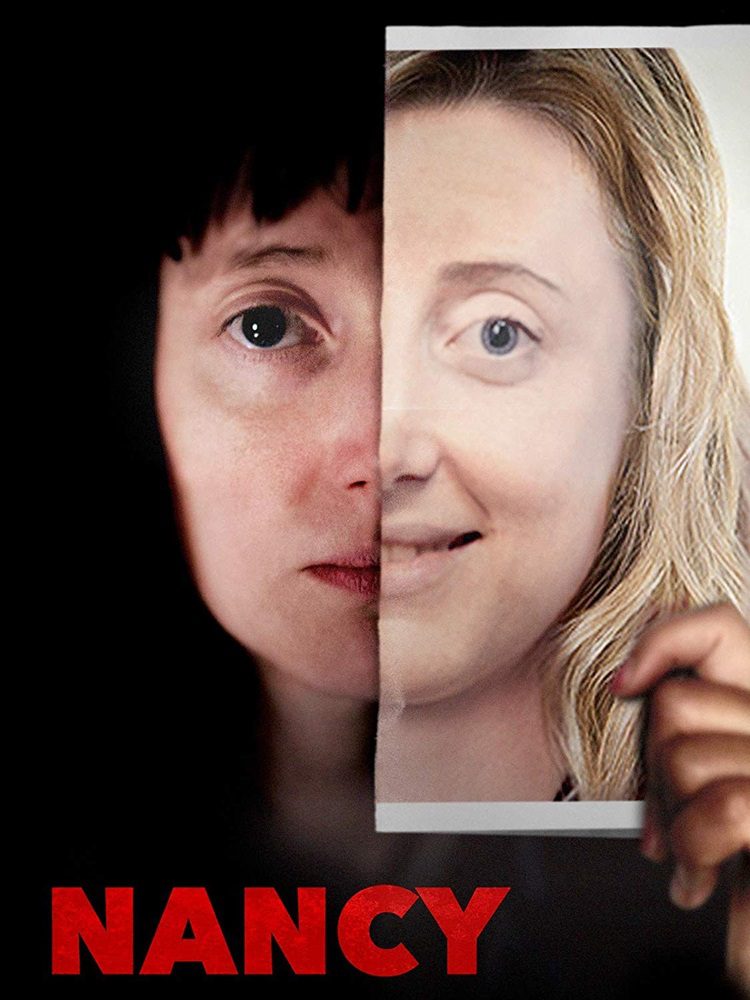
In a year of dysfunctional families, alien horror, and more superhero nonsense, it was refreshing to finally find a film that doesn’t cater to the usual tropes of what a film is supposed to be. You know, a depressing tale of a very emotionless woman who seems to be lost to everyone and everything around her, and director Christina Choe’s troubling orchestration of the bizarre premise is arguably, for me, the true discovery of 2018. The film is Nancy.
The story centers on a very lonely young woman, Nancy Freeman, who craves connection with others by creating distinctive identities and hoaxes under different aliases on the internet. When she comes across a couple whose daughter went missing for thirty years, she immediately seeks them out and puts it into her mind that these people are her real parents. However, her resemblance to the missing girl in later years seems to confirm that there could be truth to a few of her made-up stories. In the end, there are no easy answers, and you’re left with unresolved pain and discomfort that only a film like this could get away with.
I was struck by the empathy that Choe has for her main character, even as her motivations become increasingly strange, and downright dangerous. Andrea Riseborough’s central performance is beautifully cold and creepy, creating a protagonist rarely glimpsed in cinema. This immediately comes to mind Barbara Loden’s 1970 masterpiece, WANDA, where Loden also portrayed a rather emotionless woman finding her way, or trying to, in a world that has become a little too modern for her taste. These are both women who could easily exist, but go unnoticed in society.
Not only does the film benefit from Riseborough, there is also the terrific acting of J. Smith Cameron and a unusually subdued Steve Buscemi, who in my opinion, gives a career-best performance. I shouldn’t forget Ann Dowd in a memorable, but brief appearance as Nancy’s irritating and irritated mother. These are amazing actors who shouldn’t be called character actors, but just simply, actors.
I believe that Nancy will probably make waves at awards season, because the acting, direction, and writing represent a uniqueness rarely found in cinema. I felt uneasy watching it, but that means it succeeded with its purpose. It’s obviously not for everyone, but shouldn’t that be said for real life as well?